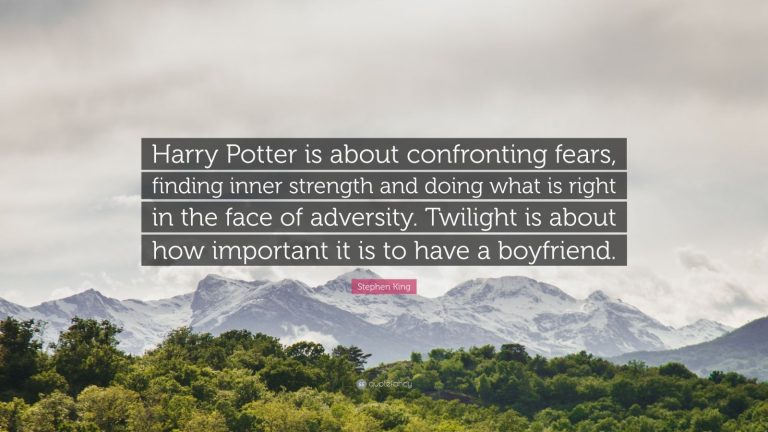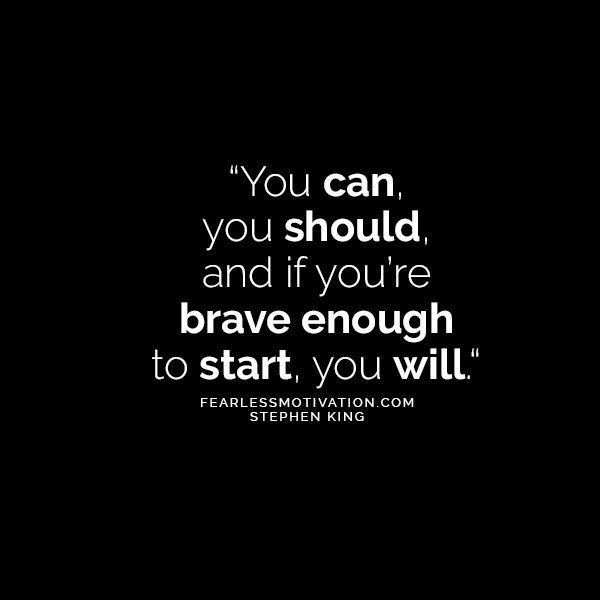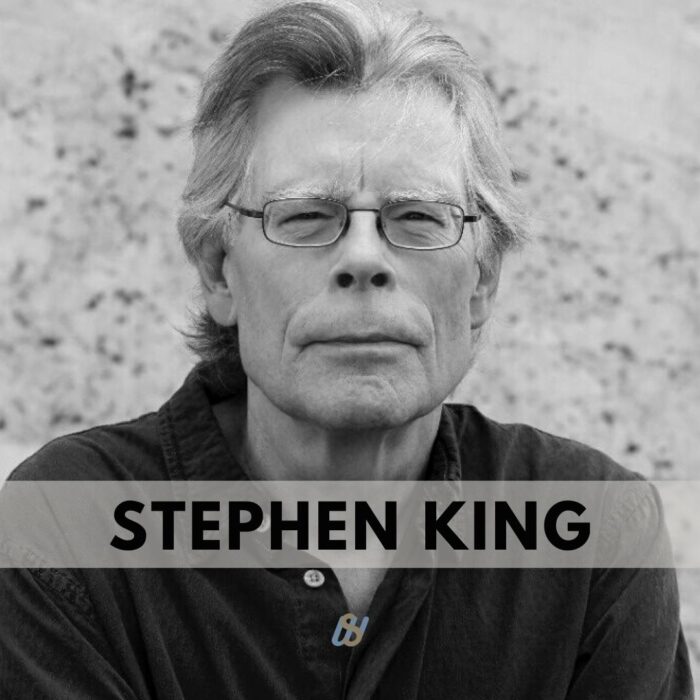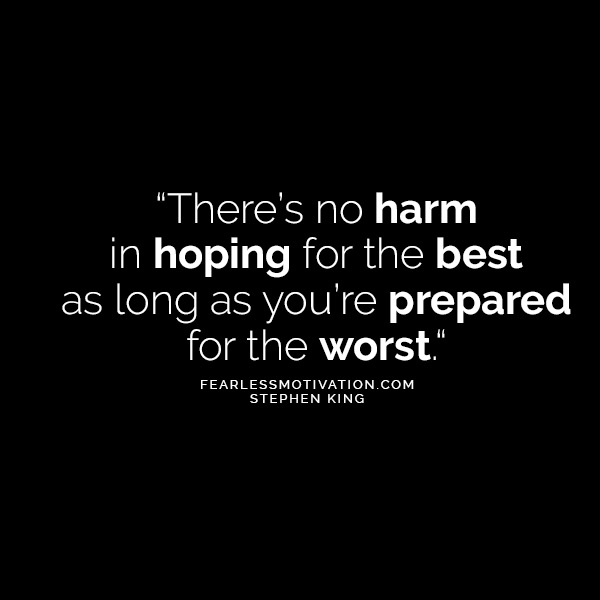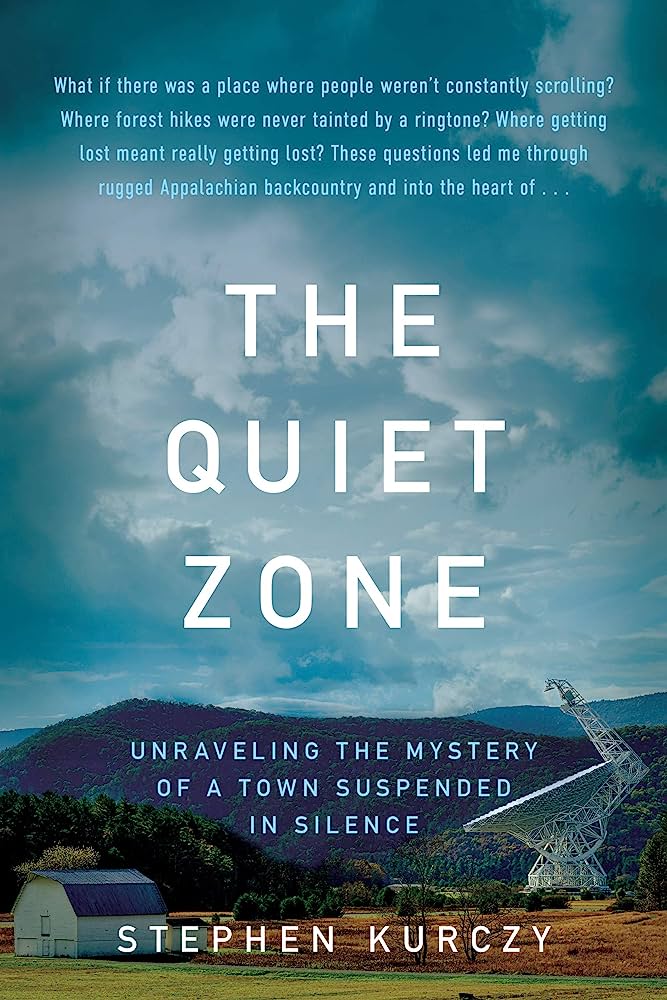What Religion Is The Book Da Vinci Code?
If you’ve ever wondered about the religious undertones in the popular book, “Da Vinci Code,” you’re not alone. Many readers have been captivated by the story’s exploration of art, history, and religious symbols. But what religion is the book actually connected to? Let’s dive in and uncover the fascinating religious elements that make “Da Vinci Code” such a thought-provoking read.
In “Da Vinci Code,” author Dan Brown weaves a complex narrative that intertwines elements of Christianity, symbolism, and conspiracy theories. While the book is a work of fiction, it draws heavily from historical events and religious traditions to create a captivating story. The main religious focus in “Da Vinci Code” lies in its exploration of the Holy Grail and the alleged bloodline of Jesus Christ. This concept leads the protagonist, Robert Langdon, on a thrilling adventure that challenges traditional religious beliefs and raises questions about the nature of faith.
As we delve deeper into the secrets of “Da Vinci Code,” we’ll uncover the religious tapestry that lies within its pages. Join us on this enlightening journey as we uncover the religious connections that make this book a literary phenomenon.

What Religion is the Book Da Vinci Code?
The Da Vinci Code is a popular novel written by Dan Brown that delves into various religious themes and conspiracy theories. It has sparked much debate and controversy since its publication in 2003. While the book is a work of fiction, it incorporates elements of historical events, art, and religious beliefs to create a captivating narrative. However, it is essential to distinguish between the fictional aspects of the book and the actual religious traditions it references.
The Religious Themes in the Da Vinci Code
In the Da Vinci Code, the protagonist, Robert Langdon, explores the ideas surrounding the Holy Grail and the alleged bloodline of Jesus Christ. The book suggests that Jesus was married to Mary Magdalene and had children, which challenges traditional Christian beliefs. It also introduces the concept of the “divine feminine” and the worship of the sacred feminine in early Christianity.
The novel incorporates elements of Gnosticism, a religious movement that emerged in the early Christian era. Gnosticism emphasizes the importance of secret knowledge and the idea that the material world is inherently flawed. The Da Vinci Code presents Gnostic beliefs as an alternative interpretation of Christianity, suggesting that there is more to the religion than what is commonly known.
Christianity and the Da Vinci Code
The Da Vinci Code has generated significant controversy among Christians, primarily due to its alternative portrayal of Jesus and the early Christian church. Many Christians view the book as blasphemous and a misrepresentation of their faith. They argue that the book distorts historical facts and promotes a fictional narrative that undermines the core teachings of Christianity.
It is crucial to note that the Da Vinci Code is a work of fiction and should be approached as such. While it incorporates real historical events and religious concepts, it is not meant to be a factual account of Christianity or any other religion. Instead, it uses these elements to create an engaging and thought-provoking story.
Religious Interpretations of the Da Vinci Code
Despite the controversy surrounding the Da Vinci Code, some individuals have embraced the book’s alternative religious interpretations. They see it as a catalyst for questioning traditional beliefs and exploring different aspects of spirituality. Some argue that the book sheds light on hidden truths within Christianity and encourages a more inclusive and open-minded approach to the religion.
However, it is important to remember that the Da Vinci Code is a work of fiction and should not be taken as a definitive source of religious knowledge. While it may spark curiosity and lead to further exploration of religious concepts, it should be supplemented with accurate historical and theological information.
The Impact of the Da Vinci Code
The Da Vinci Code had a significant impact on popular culture and sparked widespread interest in religious history and symbolism. It prompted discussions and debates among theologians, historians, and the general public. The book’s success also led to the production of a film adaptation, further increasing its reach and influence.
Furthermore, the Da Vinci Code brought attention to various historical and artistic elements, such as Leonardo da Vinci’s paintings and the symbolism associated with them. It encouraged people to delve into the hidden meanings behind art and explore the connections between creativity and spirituality.
In conclusion, the Da Vinci Code is a fictional novel that incorporates religious themes and conspiracy theories. While it has generated controversy and sparked discussions about religion, it is important to approach it as a work of fiction rather than a factual account. The book should be seen as a starting point for further exploration and discussion of religious beliefs and historical events.
Key Takeaways: What religion is the book Da Vinci Code?
- The book Da Vinci Code explores religious themes and conspiracy theories.
- It suggests that Jesus Christ married Mary Magdalene and had descendants.
- The book incorporates elements of Christianity, Catholicism, and Gnosticism.
- It challenges traditional religious beliefs and raises questions about the divinity of Jesus.
- The author, Dan Brown, has stated that the book is a work of fiction.
Frequently Asked Questions
The Da Vinci Code is a popular novel written by Dan Brown. It has sparked much debate and controversy since its release. One common question that arises is about the religious themes presented in the book. Here are some frequently asked questions about the religion portrayed in The Da Vinci Code:
1. Is The Da Vinci Code based on a specific religion?
No, The Da Vinci Code is not based on a specific religion. Instead, it explores various religious and historical theories, blending elements of Christianity, art history, and conspiracy theories. The book presents alternative interpretations of traditional Christian beliefs and challenges the traditional narrative.
While the book incorporates religious themes, it is important to note that it is a fictional work and should not be considered a definitive source on any religious belief or historical fact.
2. Does The Da Vinci Code question the beliefs of Christianity?
Yes, The Da Vinci Code does question some of the traditional beliefs of Christianity. The book suggests that Jesus had a romantic relationship with Mary Magdalene and that their descendants may still exist. It also explores the idea that the Vatican and other religious institutions have been involved in a cover-up to suppress this information.
However, it is important to remember that The Da Vinci Code is a work of fiction and should not be taken as a literal representation of historical events or religious beliefs. It is meant to entertain and provoke thought, rather than present an accurate portrayal of Christianity.
3. Is The Da Vinci Code offensive to Christians?
The Da Vinci Code has been controversial among some Christians, as it challenges certain aspects of traditional Christian beliefs. However, opinions on the book vary greatly, and many Christians enjoy it as a work of fiction that raises thought-provoking questions.
It is important to approach the book with an open mind and remember that it is a fictional story. Ultimately, whether or not it is offensive to an individual depends on their personal beliefs and perspective.
4. Does The Da Vinci Code have any basis in historical fact?
While The Da Vinci Code incorporates historical references, it is a work of fiction and should not be considered a reliable source of historical information. The book presents alternative theories and interpretations of historical events, but these should be approached with skepticism and further research.
For those interested in exploring the historical context of The Da Vinci Code, it can be a starting point for further investigation into art history, religious history, and conspiracy theories. However, it is important to consult reputable sources and scholarly research for a more accurate understanding of these topics.
5. How has The Da Vinci Code impacted religious discussions?
The Da Vinci Code has sparked widespread discussion and debate about religion and its role in society. It has prompted conversations about the interpretation of religious texts, the historical accuracy of religious narratives, and the influence of religious institutions.
While some have criticized the book for its fictional portrayal of religious beliefs, others appreciate it as a catalyst for exploring and questioning traditional religious ideas. Overall, The Da Vinci Code has contributed to a broader conversation about religion and its place in contemporary culture.
The Da Vinci Code phenomenon | 60 Minutes Australia
Final Summary: Unraveling the Secrets of the Da Vinci Code
So, what religion is the book Da Vinci Code? After diving deep into the intriguing world of this bestselling novel by Dan Brown, it becomes clear that the answer is not as straightforward as one might expect. The Da Vinci Code weaves together elements of Christianity, art history, and conspiracy theories to create a captivating narrative that challenges traditional religious interpretations. While the book is a work of fiction, it has sparked intense debates and discussions about religion, history, and the power of secrets.
In conclusion, the Da Vinci Code is a masterful blend of fact and fiction, blurring the lines between reality and imagination. It taps into our curiosity about hidden symbols, ancient mysteries, and the enigmatic nature of religion. Whether you approach it as a thrilling adventure or a thought-provoking exploration of faith, the Da Vinci Code continues to captivate readers around the world, reminding us of the enduring power of storytelling and the eternal quest for truth. So, grab a copy, embark on this literary journey, and discover the secrets that lie within the pages of the Da Vinci Code.

